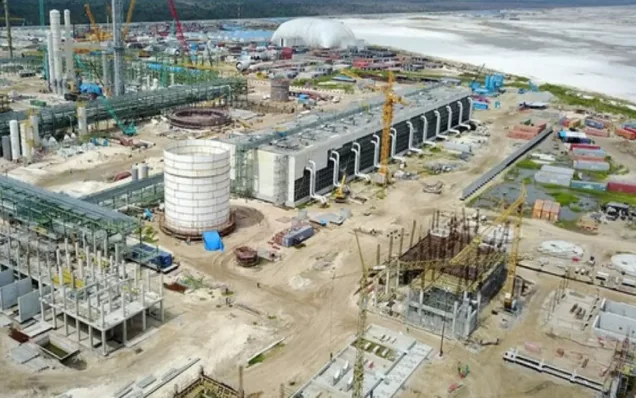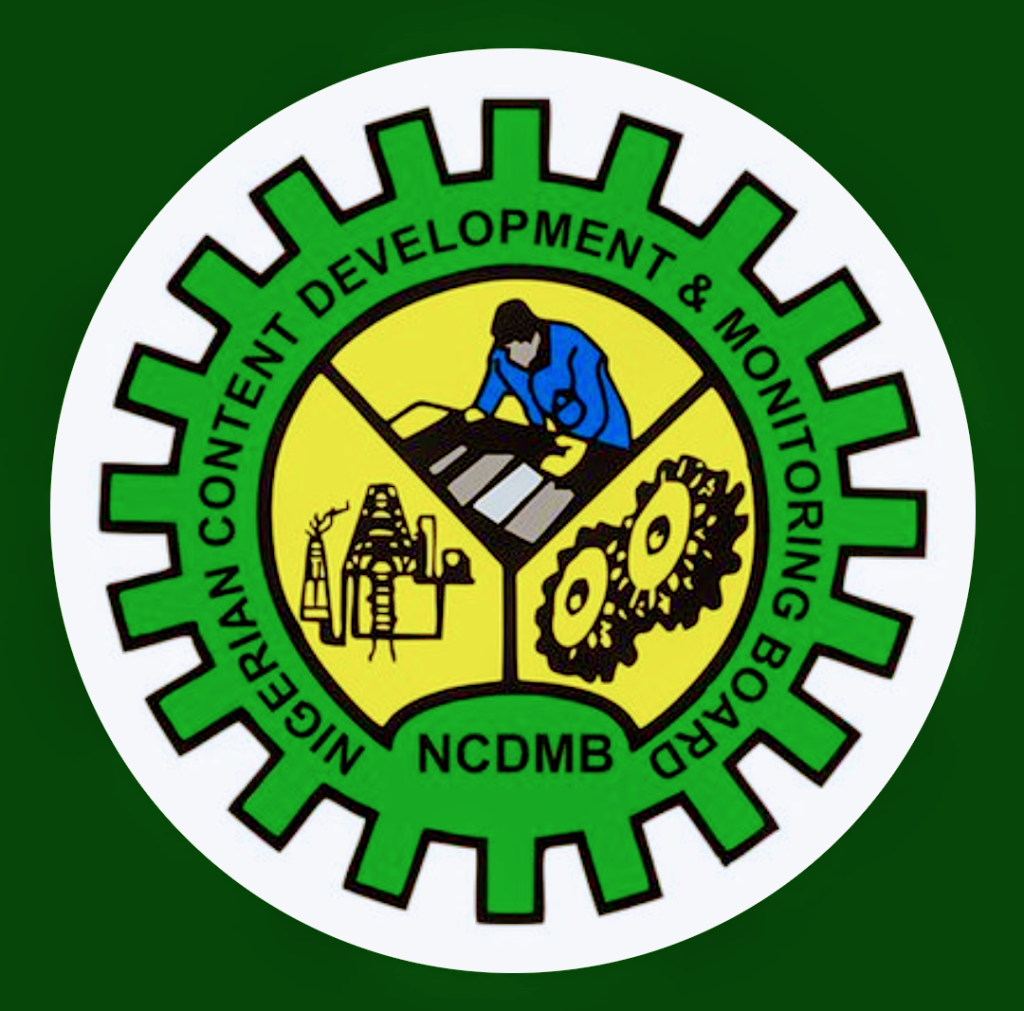The Ontario Court of Appeal has upheld a lower Canadian court’s determination that an Ecuadorian judgment against Chevron Corporation, already found by U.S. courts to have been obtained through fraud and corruption, cannot be enforced against Chevron Canada Limited, an indirect subsidiary. The Court of Appeal affirmed the judgment dismissing all claims against Chevron Canada Limited holding that it is a separate entity from Chevron Corporation and its assets are protected from seizure by those seeking to enforce the corrupt Ecuadorian judgment. The court rejected the Ecuadorian plaintiffs’ arguments as contrary to fundamental principles of Canadian corporate law.
The Court of Appeal stated: “What is really driving the appellants’ appearance in our courts is their inability to enforce their judgment in the United States,” where it is has already been found to be the product of “a massive fraud” that involved both corruption and coercion of judges. The Court of Appeal continued: “What we are really being invited to do is to assist the appellants in doing an end-run around the United States court order by breaking with well-established jurisprudence and creating an exception to the principle of corporate separateness.”
“The Canadian court’s decision follows rulings by courts in the United States, Brazil, and Argentina that confirm the fraudulent Ecuadorian judgment should be unenforceable in any court that respects the rule of law,” said R. Hewitt Pate, vice president and general counsel, Chevron Corporation. “We are pleased that the Ontario Court of Appeal has affirmed the trial court’s clear application of legal principles that show that Chevron Canada Limited is a separate legal entity that cannot be dragged into this fraudulent litigation.”
Because Chevron Corporation has no assets in Ecuador, the plaintiffs, led by American lawyer Steven Donziger, are attempting to enforce the Ecuadorian judgment in other jurisdictions. Donziger and his associates are seeking to enforce the judgment against both Chevron Corporation, which has no assets in Canada, and Chevron Canada Limited, which is not a party to the Ecuadorian lawsuit. Today’s decision confirms that they cannot pursue Chevron Canada Limited’s assets.
In its decision, the Ontario Court of Appeal quoted from the 2014 U.S. federal court decision that found that a judgment issued against Chevron Corporation by a court in Ecuador was the product of fraud and racketeering activity including extortion, money laundering, wire fraud, witness tampering and obstruction of justice. The U.S. court also prohibited enforcement of the Ecuadorian judgment in the United States. The U.S. federal court judgment is now final after having been unanimously affirmed by the U.S. court of appeals and denied review by the Supreme Court.
Since the extent of the fraud scheme was revealed, more than a dozen former insiders and allies have abandoned Donziger and his scheme, including his former co-counsel, environmental consultants, funders, investors, employees and Ecuadorian collaborators.
“Chevron will resist any enforcement effort and seek to hold anyone who would attempt to profit from the fraudulent judgment accountable to the full extent of the law,” Pate said.
Any current environmental conditions in the former concession area in Ecuador are the exclusive responsibility of the Republic of Ecuador and its national oil company. Chevron Corporation has never operated in Ecuador. An indirect subsidiary of Texaco Inc. properly carried out a government-approved and supervised environmental remediation program in Ecuador after the government took over its minority interest in 1990. Ecuador’s national oil company has been the exclusive owner and operator for the past 26 years, significantly expanding operations during that period.














